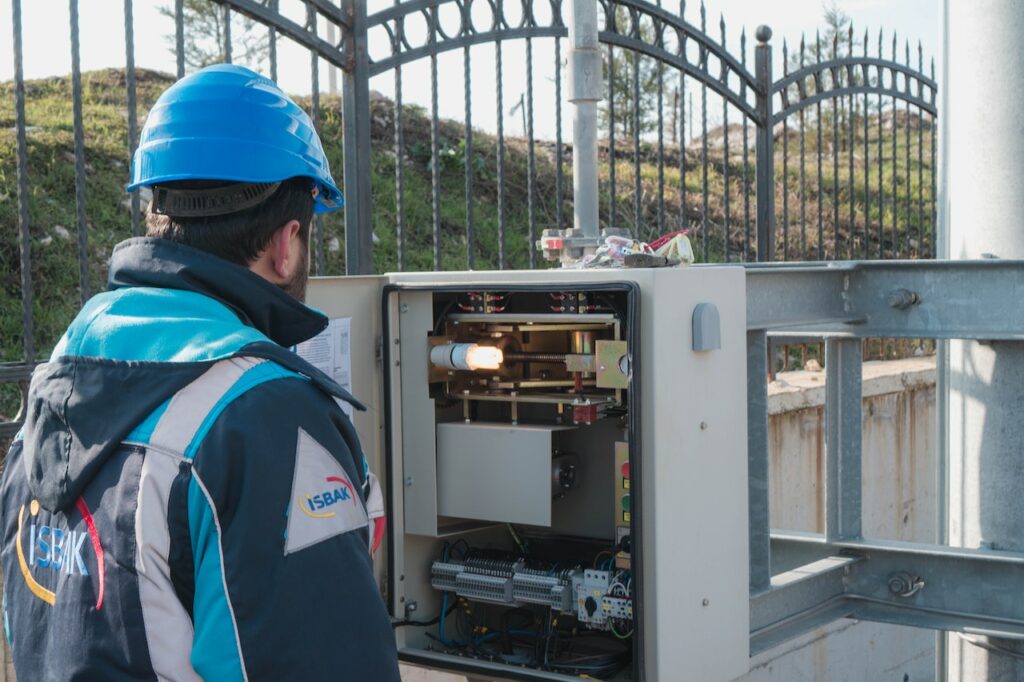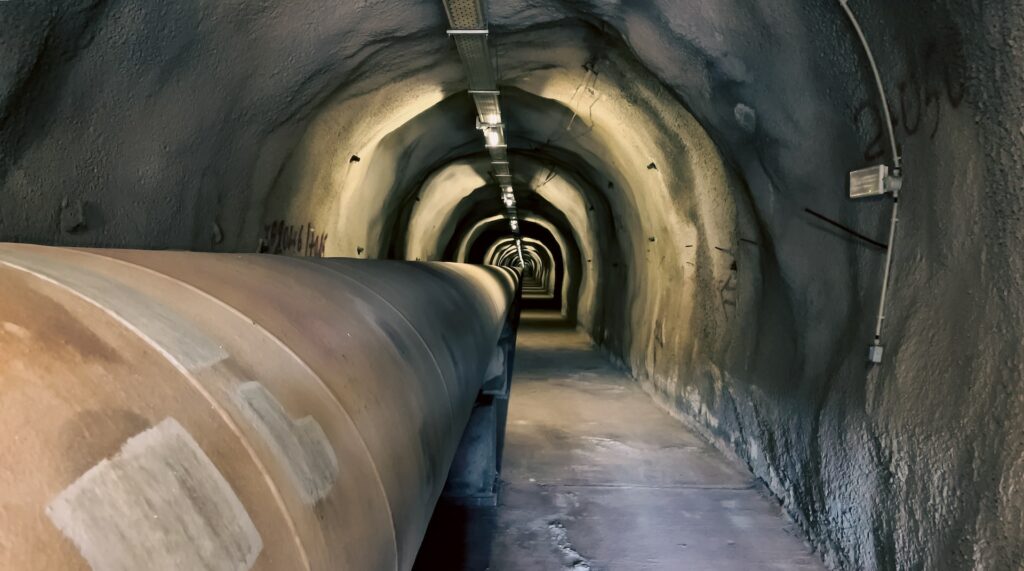As a job seeker, you might wonder how many jobs are available in public utilities and if it’s the right option for you. Job openings are projected due to increased energy, gas, and water demand.
The public utility sector currently has 962,651 available jobs across the US, with an estimated annualized growth of 1.2% between 2018 and 2023.
We may see an addition of over 10,000 jobs available in the coming year. These employment opportunities are made possible due to a market size of $ 1 trillion and over 74,625 registered businesses.
If you are still wondering about employment opportunities in public utilities, let this article satisfy your curiosity.
Let’s dive into the numbers and see if you should be turning on the job search faucet! Just keep scrolling down!
What Are Public Utilities In The US?
Simply put, “public utilities” are services provided to the public by the government or by private companies that the government regulates. These services include things like electricity, gas, water, and sewer.
Most of the time, companies that monopolize the market in a specific area offer these services.
This means you don’t have a choice in who provides your electricity or water, for example.
But don’t worry; the government regulates these companies to ensure they don’t charge you an arm and a leg for essential services.
How Many Jobs Are Available In Public Utilities?
According to IBIS statistics, there are 962,651 jobs currently being occupied across the US, with an annualized growth rate of 1.2%.
With this figure, we can safely say there will be over 10,000 new roles in the coming year.
Various jobs in the public utilities sector cover different industries and skill levels. Therefore, we recommend taking a look at these options:
Substation Engineer
- Job Description: Planning, building, and maintaining electrical substations that convert high-voltage transmission lines to low-voltage distribution lines that power homes and businesses.
- Average Annual Salary: Between $90,000 and $120,000.
- Skills and Qualifications Needed: They should have a bachelor’s degree in electrical engineering or a similar discipline and knowledge of electrical power systems, protection and control schemes, industry standards, and project management. PE licenses and CSPCEs can also help.

Power Systems Engineer
- Job Description: A power systems engineer is responsible for creating, testing, and maintaining the electrical power systems that power homes, companies, and industries.
- Average Annual Salary: Ranges from $80,000 to $115,000
- Skill and Qualifications Needed: A bachelor’s degree in electrical engineering or a similar discipline is often required, as well as an understanding of power system analysis software, protection and control schemes, industry standards, and project management.
Radiation Engineer
- Job Description: A radiation engineer designs and develops radiation-based technologies such as medical imaging devices and nuclear power facilities.
- Average Annual Salary: Ranges from $70,000 to $120,000
- Skill And Qualifications Needed: A bachelor’s degree in nuclear engineering or a related discipline is usually required. They should also understand radiation physics, radiation safety laws, and instrumentation.
Water Resources Specialist
- Job Description: A water resources specialist manages and protects water resources like rivers, lakes, and aquifers.
- Average Annual Salary: Between $60,000 and $300,000
- Skills and Qualifications: They should know water resource management, environmental regulations, and data analysis and have a bachelor’s degree in environmental science, hydrology, or a related discipline.
Power Plant Engineer
- Job Description: Power plant engineers develop, test, and maintain gas, coal, and nuclear power plants.
- Average Annual Salary: Between $95,000 and $135,000
- Skills and Qualifications: They need a bachelor’s degree in mechanical or electrical engineering, power plant operations, safety, and environmental standards. They should be detail-oriented, analytical, and able to communicate and collaborate.
Energy Auditor
- Job Description: Energy auditors are responsible for conducting energy audits and identifying opportunities to improve energy efficiency in residential and commercial facilities.
- Average Annual Salary: Ranges from $44,000 to $106,000
- Skills and Qualifications: Energy auditors need a bachelor’s degree in mechanical or electrical engineering, building systems understanding, and energy management. They should be analytical, problem-solvers, detail-oriented, and good communicators and team workers. CEM and CEA certifications are also helpful.
Water Engineer
- Job Description: A water engineer is a specialist who plans, builds, and oversees municipal and industrial water and sewage systems.
- Average Annual Salary: Between $60,000 and $120,000.
- Skills and Qualifications: A water engineer usually has a bachelor’s degree in civil or environmental engineering and has worked with water management and distribution systems. Essential skills include knowing how to treat water, analyze water flow, and run a project.
Electrical Manager
- Job Description: Supervising the installation, upkeep, and repair of electrical equipment in a building or institution.
- Average Annual Salary: Between $60,000 and $120,000
- Skills and Qualifications: Strong knowledge of electrical systems and safety procedures, leadership and management skills, good communication skills, a degree in electrical engineering or a related field, and relevant work experience.
Pipeline Inspectors
- Job Description: A pipeline inspector inspects and evaluates pipelines to ensure compliance with safety regulations and industry standards.
- Average Annual Salary: Ranges from $70,000 to $100,000
- Skills and Qualifications: A pipeline inspector must have a high school education or equivalent, appropriate certification and training, a keen eye for detail, an understanding of industry regulations and safety standards, and excellent communication skills.

Conclusion
Most careers in the public utility sector may pay less than those in private utilities. However, job security and many other benefits make up for it.
So, whether you’re a behind-the-scenes problem solver or a hands-on fixer, there’s a job in public utilities that suits you. Why not apply and take advantage of these opportunities?
FAQs
1. Is Public Utilities A Good Career Path?
Yes, because the utility sector in the United States is likely to expand further, as there is a growing demand for infrastructure renovations, smart grid technology, and renewable energy sources.
The industry also provides various work opportunities, from entry-level positions to senior positions in engineering, finance, operations, and customer support.
2. What Falls Under Public Utilities?
Public utilities include many industries, such as airlines, telecommunications, oil, natural gas, electricity, water, solid waste collection and disposal, and many more.
These industries all have a “network” structure, meaning they have many lines, pipes, or routes that go through public rights of way and are often physically connected.
3. How Big Is The US Public Utility Industry?
About 10% of the US GDP comes from the public utility sector. This makes it one of the essential parts of the economy.
This industry employs many people in the US, and current trends show that it will continue to grow.

